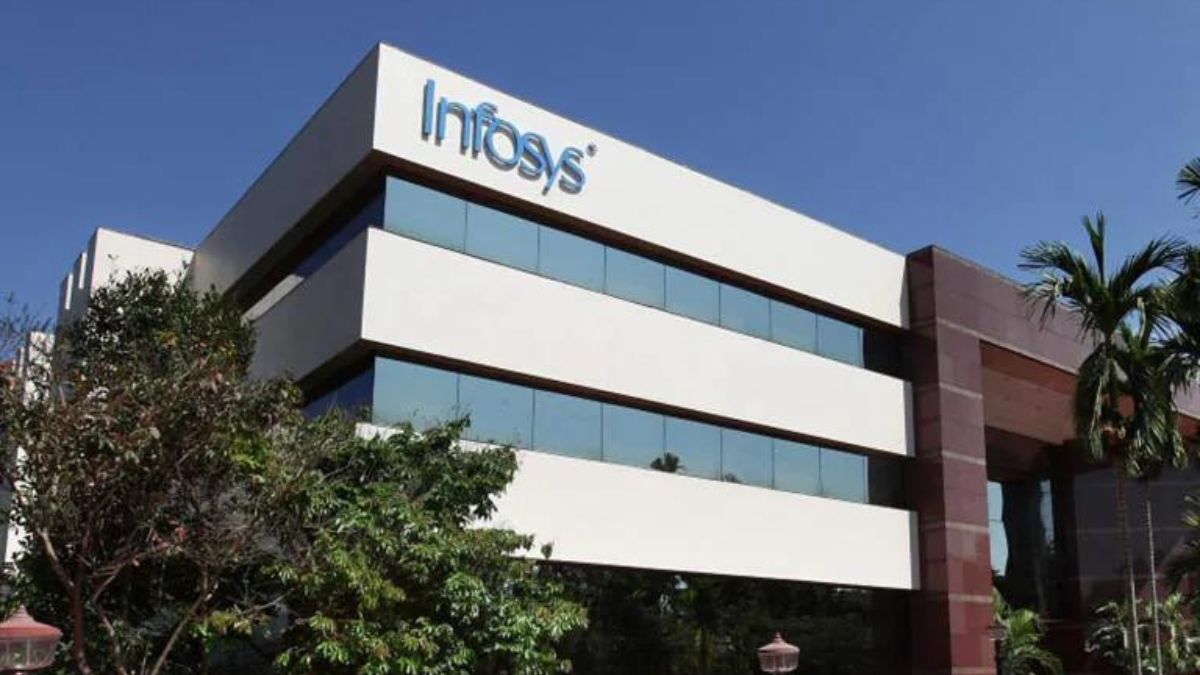McDonald’s has lost a legal battle in the European Union to retain its ‘Big Mac’ trademark beyond its iconic hamburgers, following a ruling from the EU General Court. The fast-food giant was challenged by Supermac’s, a smaller Irish chain known for its fish and chips as well as its burgers. Supermac’s argued that McDonald’s trademark hindered its expansion across Europe, leading to this legal confrontation read more
)
A McDonald's Quarter Pounder, left, and Double Quarter Pound burger is shown in Atlanta, 6 March, 2018. File Image/AP
McDonald’s has lost the right to exclusively use the name “Big Mac” for its chicken sandwiches in the European Union. This decision comes from a prolonged legal dispute with the Irish fast-food chain Supermac’s.
On 5 June, 2024, Europe’s second top court, the General Court, ruled against McDonald’s, stating that the U.S. fast-food giant failed to demonstrate genuine use of the “Big Mac” trademark for poultry products over a continuous five-year period.
How did this legal battle begin?
The conflict began in 2017 when Supermac’s filed a request with the EU Intellectual Property Office (EUIPO) to revoke McDonald’s use of the name “Big Mac,” which McDonald’s had registered in 1996 for various meat and poultry products.
Also Read: Fast Food War Between McDonald’s and Burger King
Initially, EUIPO dismissed Supermac’s application, affirming McDonald’s use of the name. However, this prompted Supermac’s to challenge the decision, leading to the recent court ruling.
What did the court say?
The General Court’s judgment highlighted that McDonald’s had not used the “Big Mac” trademark for chicken sandwiches, poultry products, or related restaurant services over the specified period.
The court found that the evidence provided by McDonald’s, including advertisements and display boards for “Grand Big Mac Chickens,” was insufficient to prove genuine use of the trademark for poultry products.
“McDonald’s has not proved that the contested mark has been put to genuine use” in connection with chicken sandwiches, poultry products, or operating restaurants and drive-throughs, the court stated in a summary of its decision. As a result, the court partially annulled and altered the EUIPO’s previous decision.
How have Supermac’s & McDonald’s reacted?
Supermac’s portrayed the ruling as a significant victory for small businesses worldwide. Pat McDonagh, Managing Director of Supermac’s, accused McDonald’s of “trademark bullying to stifle competition.”
He stated, “This is a significant ruling that takes a common-sense approach to the use of trademarks by large multi-nationals. It represents a significant victory for small businesses throughout the world.”
Despite the ruling, McDonald’s remains unfazed, asserting that the decision does not affect its right to use the “Big Mac” trademark for its iconic beef burgers. “The decision by the EU General Court does not affect our right to use the ‘BIG MAC’ trademark,” the company said in a press statement.
“Our iconic Big Mac is loved by customers all across Europe, and we’re excited to continue to proudly serve local communities, as we have done for decades.”
The ruling, however, opens new opportunities for Supermac’s. The Irish chain, which opened its first restaurant in Galway in 1978, now has a clearer path for expanding into other EU countries.
The company’s founder, Pat McDonagh, expressed optimism about the future, stating, “It does mean we can expand elsewhere with Supermac’s across the EU, so that is a big win for us today.”
What does this case mean for the market?
The legal battle between McDonald’s and Supermac’s goes beyond just the name of a sandwich. It underscores the challenges multinational corporations face in maintaining trademark protections across different regions and product categories.
The decision reflects the European Union’s stance on trademark use, stating the need for genuine and continuous use to retain trademark rights.
Supermac’s had argued that McDonald’s evidence of using the “Big Mac” name for chicken sandwiches was limited to marketing “meat sandwiches.” The court sided with Supermac’s, ruling that McDonald’s had not sufficiently used the trademark for poultry products.
The judgment also addressed whether McDonald’s had the right to use “Big Mac” for branding restaurant services, including takeaway food and drive-through facilities. The court upheld Supermac’s complaint, further narrowing McDonald’s trademark protection.
McDonagh welcomed the ruling, calling it a “common sense” decision. “The original objective of our application to cancel was to shine a light on the use of trademark bullying by this multinational to stifle competition,” he said. “The ruling represents a significant victory for small businesses throughout the world.”
While McDonald’s has the option to appeal the decision to the Court of Justice of the European Union, the bloc’s highest court, it can only do so on points of law. In the meantime, the ruling stands as a notable example of how trademark disputes can shape the competitive landscape in the fast-food industry.
With inputs from agencies

 3 months ago
26
3 months ago
26
)
)
)
)
)
)
)
)
)
)
)
)
)
)
)
)
)
)
)
)
)
)
)
 English (US) ·
English (US) ·